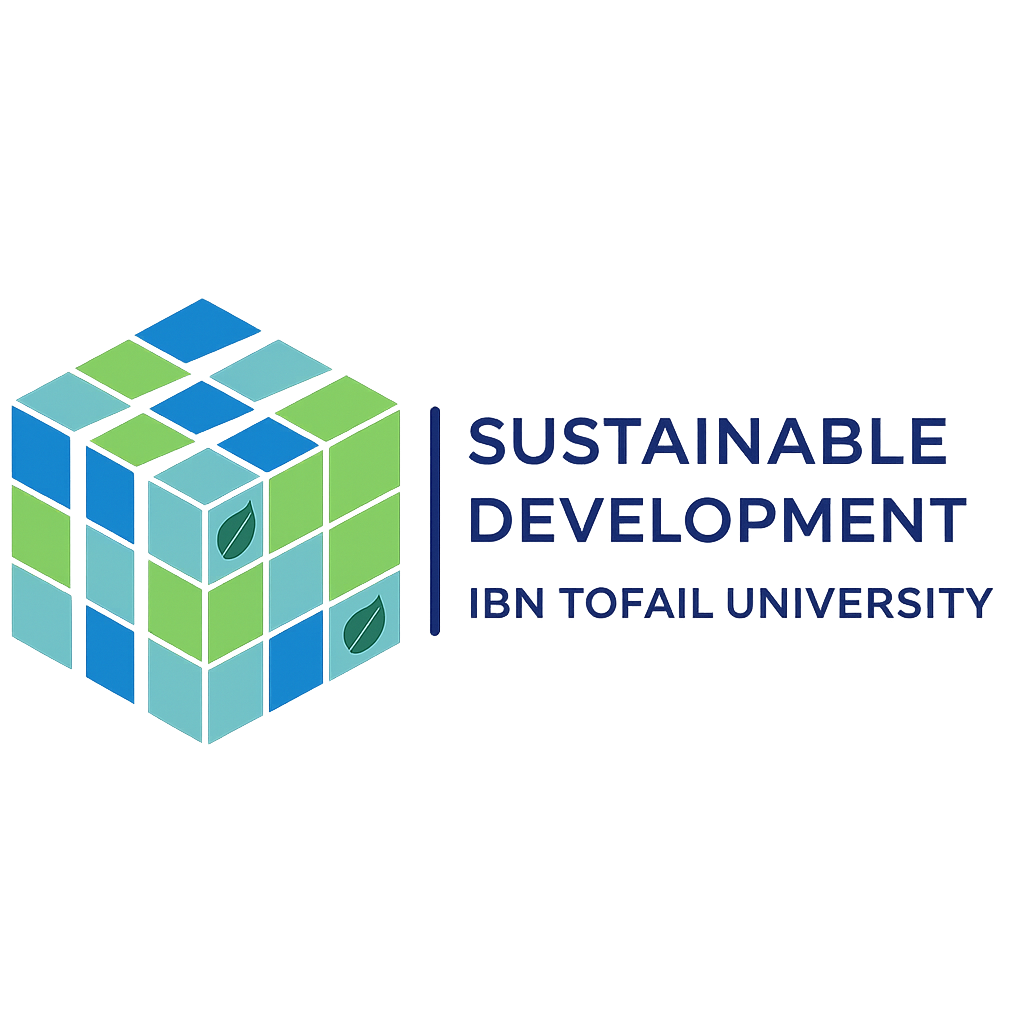Acronym : FUNZYbio
Period : 2023 – 2026
List of Partners :
- Partner 1 (Coordinator) Eric Record, BBF UMR1163 – INRAE / AMU FRANCE 2
- Partner 2 Jean-Henry FERRASSE M2P2 UMR7340 – AMU / CNRS FRANCE 3
- Partner 3 Tahar MECHICHI LBGEL – ENIS TUNISIA
- Partner 4 Carmelinda SAVINO IBPM – CNR ITALY
- Partner 5 Fabrizio ADANI DiSAA – UMIL – Università di Milano ITALY
- Partner 6 Mohamed HAFIDI BioMAgE – UCA – Université Cadi Ayyad MOROCCO
- Partner 7 Amine EZZARIAI ASARI – UM6P – M. VI Polytechnic University MOROCCO
- Partner 8 Mohamed TAKY LAMPE – ITU – Université Ibn Tofail MOROCCO
- Partner 9 Julio FIERRO CETIM Technical Center SPAIN.
FUNZYbio, an innovative project that explores the Fungal and enzymatic degradation of antibiotics, is a collaborative effort involving partners from Morocco, Tunisia, Italy, and France. The project, set to unfold between 2023 and 2026, aims to introduce groundbreaking biotechnological solutions for treating livestock residues, manure, and anaerobic digestates. These solutions are designed to:
- Allowing safe reuse of water and organic matter for agriculture;
- Exploiting this potential for soil health and durability;
- Limiting their adverse environmental effect as potential sources of salinization and pollution, such as from antibiotics (ABs).
The FUNZYbio Consortium proposes technical solutions that could significantly impact “land and water sustainability” and “smart and sustainable farming.” By addressing the issue of AB pollution, which leads to the rise of AB-resistant bacteria (ARB) and AB resistance genes (ARGs), FUNZYbio could play a crucial role in preventing and limiting a significant threat to human and animal health worldwide: AB resistance.
Scientifically speaking, FUNZYbio could lead to the following impacts:
1) Direct contamination reduction of ABs by livestock waste reuse;
2) Indirect reduction of water salinization by wastewater reuse;
3) Development of green biotechnologies with near-zero costs to improve the two major existing and widespread processes for manure treatment: composting and anaerobic digestion.
4) Provide the proof of concept for obtaining safe (AB-free) water, liquid or solid fertilizers, and compost for safe use in the agri-food sector.
These impacts would be felt at the farm level, with downstream effects on the whole water basin area, considering the different sources of water contamination related to the agri-food activities.
